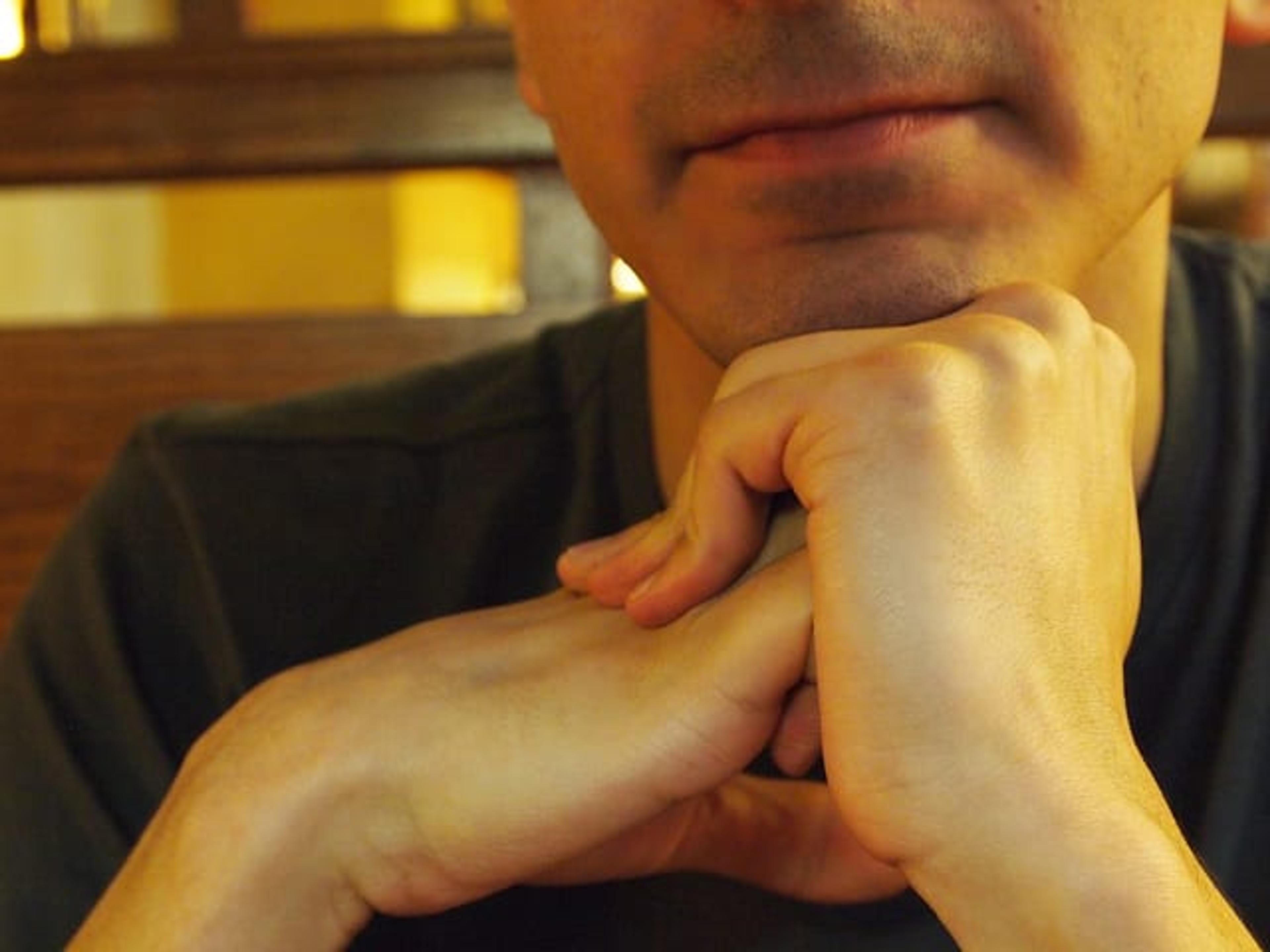True or False: Decoding Six Common Health Myths
| 3 min read

Chances are you’ve heard about the ability of apples to keep doctors away or have been cautioned regarding the amount of time gum will stay in your stomach if swallowed. When it comes to claims about your health, it can be tough to decipher scientific fact from pure fiction. So we decided to do some digging and get to the bottom of a few famous health myths and misconceptions. Read on to see which ones ring true and which are truly ridiculous.
Claim: Cracking your knuckles causes arthritis.
False
Most of us know a co-worker or family member who has the habit of manipulating his or her fingers to make popping noises. Annoyed onlookers usually respond by mentioning the impending arthritis the knuckle-cracker will experience down the line. Research, however, has shown that there is no connection between habitual knuckle-cracking and arthritis. The popping sound you hear is simply the bursting of air pockets within fluid around the joints. Irritating, yes, but not harmful.
Claim: Drinking warm milk helps you sleep.
True
If you think the soothing feeling of sipping a glass of warm milk before bed is a surefire way to hasten your path to dreamland, you’re right. But while milk does contain a small amount of calm-inducing tryptophan, the reason it can help you get to sleep has more to do with the frequency with which you include it in your nightly routine. When a warm glass of milk becomes a part of your winding-down process, you begin to associate it with a feeling of calm, which will prompt your body to fall asleep.
Claim: You can catch a cold by not dressing warmly when you go outside.
False
Overly-protective mothers everywhere caution children not to forget their jackets at the risk of catching a cold. While it’s often true that more people experience the symptoms of a cold during the winter, it isn’t due to a lack of layers in freezing weather. The answer actually lies inside. As more people come in closer contact in confined spaces during the winter, the spread of bacteria and viruses is made easier, accounting for the increase in illness.
Claim: You can scare the hiccups away.
True
Using scare tactics to get over the hiccups is one of the most commonly debated health myths. There are a few reasons, however, to believe it may be an effective cure. A little scare can alter your breathing pattern, which could be the nudge needed to end the hiccups.
Claim: Reading in the dark will damage your vision.
False
We wouldn’t recommend reading in dim light or sitting too close to the television, as it might strain your eyes. But while this might cause a little discomfort, experts say there is no compelling evidence to suggest that you’ll experience long-term side effects or problems with your vision from doing so.
Claim: Yawning is contagious.
True
If you’ve ever noticed that when one person in a large room yawns, several others quickly follow suit, it’s no coincidence. One study, which showed video of people yawning, elicited additional yawns from 50 percent of the participants. Further research has shown that yawning is more contagious when shared between friends.
Photo credit: orijinal





